La vieja memoria (1979)
Genre :
Runtime : 2H 40M
Director : Jaime Camino
Synopsis
Documentary about the Spanish Civil War.
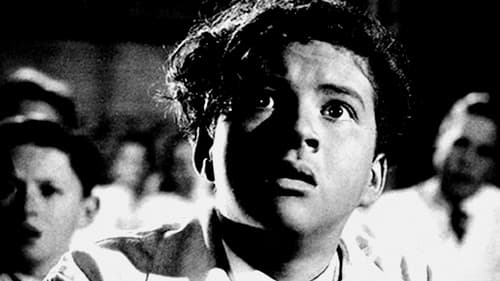
While committing a prank, a child accidentally discovers the identity of the criminal who keeps the whole neighborhood on alert. For fear of being punished, he does not tell what he knows to his father, a police officer.

The star of a magazine company suffers an appendicitis attack during a shift and has to stay in a small Spanish town to be operated. But the doctor who takes care of his speech falls in love for her and tries to prolong their convalescence.

Jose Antonio Amor co-stars with Sonia Bruno and Maria Blanco in this comedy drama about a married man with three children. When his family leaves on vacation, the man has an affair with a pretty office worker. The relationship between the two develops slowly before they end up in bed together. Speeded up shots are used effectively to illustrate the thoughts of the characters. Technical aspects and performances are fine and overshadow some uneven editing.

The first part of this documentary deals with the Portuguese neurologist António Egas Moniz, Nobel Prize for Medicine in 1949, one of the first surgeons to apply the technique called lobotomy for the treatment of schizophrenia. The second part deals with the everyday life of people with schizophrenia today: behavior and relationships, and treatment for the disease.

Ramiro's grandfather is on vacation in a hostel in the mountains with his family. Decides to send theirs to Madrid and stay in a shelter, saying his health requires. But the reason is another ...
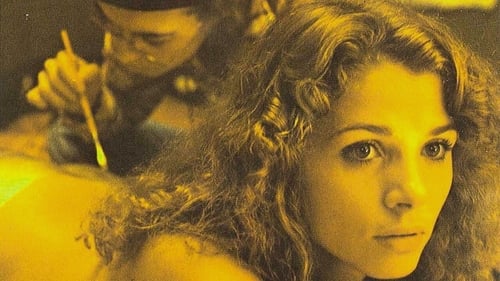
Luys Forest is a writer with a political past Falangist, who lives isolated in a coastal town, writing his memoirs (actually rewriting and adapting his autobiography with the times), and brooding over his failed marriage. His sister is worried about him and decides to send his daughter Mariana on how it is. Mariana comes to town and shake the world of Luys stable with free and uninhibited personality. Soon begins a game of seduction that ends up exposing the intellectual game of Luys.

Animation film based in some stories of the better illustrators and humorists of Spain during the democratic transition, on seventies: Chumy Chumez, Perich, Oscar, Ja, Fer, Ivà. They are quotidian stories about love, death, sex and violence.

Ernesto and Marta, a couple of newlyweds who have serious financial problems, are visited by a neighbor asking them to keep a large sum of money at home until she goes to the bank the next day.
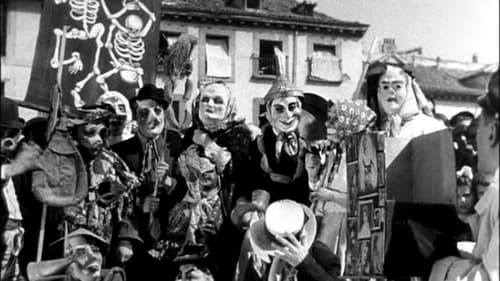
Madrid, Carnival Sunday. A night watchman finds the body of a woman, a rich and greedy moneylender who has apparently been murdered. The prime suspect is a watchmaker who owed her a lot of money.

Finished their careers of Law and Medicine, respectively, Antonio Redondo and Josefina Castro, a pair of young Spanish newlyweds, are looking for work to buy an apartment and start a life together, but they will face enormous difficulties throughout the process.

Director José Luis Garci has turned his camera inward on filmmakers and screenwriters to portray them as so self-absorbed in the creative process that there is no other world, no other human relationship that can compete. As José (Adolfo Marsillach) and Federico (Jesus Puente) work together on a new screenplay, their interactions with their family (José's teen daughters, Federico's wife) disappear under the all-consuming task of creation. The daughters give up and go off on their own, and the wife joins a convent while Federico barely notices. And when the producer is interrupted by profound grief at the sudden death of his older son, he almost automatically returns to thinking about the film project when the funeral has ended. Garci honors many great directors at the beginning of this film, and the film continues to play out as an elaboration on this homage -- an illustration both of the dedication and the cost of filmmaking, no judgments given.
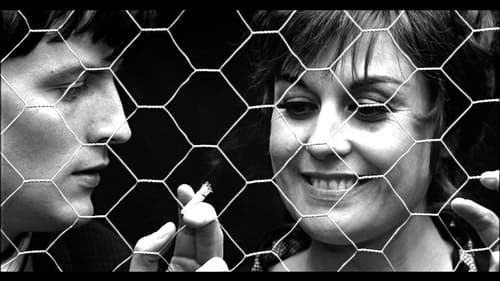
Manuel Jacques Perrin is a young man from the country who tries to make it in Madrid in this somber melodrama. He struggles to survive in the unforgiving city where only the strongest will prosper. Manuel defends himself and kills a murderous thief in a fight then quietly waits for the police to reach the scene of the crime.
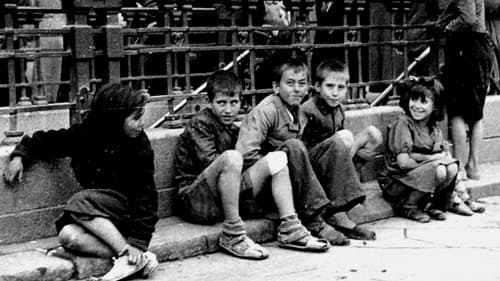
A particular reading of the forties and fifties in Spain, the hard years of famine and repression after the massacre of the Spanish Civil War, using popular culture: songs sung by ordinary people, newspapers and magazines, movies and newsreels; the story of a country torn apart needing to overcome the memory of the war and face an uncertain and painful present.

In a restaurant they're preparing a grand banquet in honor of a sports association of anglers, but several circumstances seem to have conspired to boycott the event.
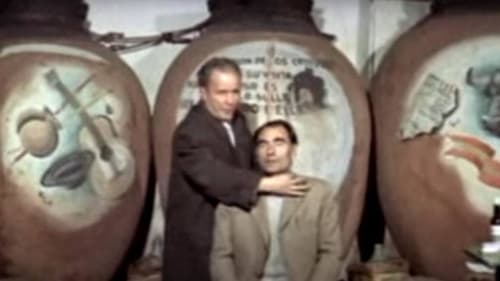
This documentary, filmed clandestinely, is based on several interviews with the executioners who worked in Spain during the early 1970s, as well as families of people executed by them.
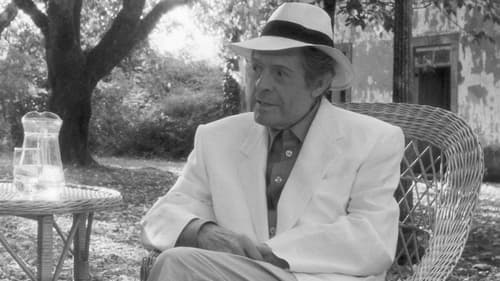
In 1996, Marcello Mastroianni talks about life as an actor. It's an anecdotal and philosophical memoir, moving from topic to topic, fully conscious of a man "of a certain age" looking back. He tells stories about Fellini and De Sica's direction, of using irony in performances, of constantly working (an actor tries to find himself in characters). He's diffident about prizes, celebrates Rome and Paris, salutes Naples and its people. He answers the question, why make bad films; recalls his father and grandfather, carpenters, his mother, deaf in her old age, and his brother, a film editor; he's modest about his looks. In repose, time's swift passage holds Mastroianni inward gaze.
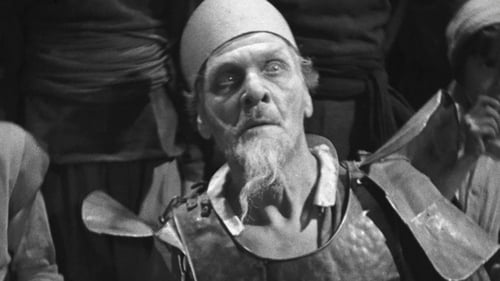
Inflamed by his readings of chivalric novels, Don Quixote, a knight with a sad face, accompanied by Sancho Panza, a peasant steeped in common sense, decides to set off across the world in search of improbable adventures.

Pedro and Julian, two friends entomologists are in love the same woman, Adela, who decides to marry Peter. Julian attends the marriage, but acts against women as her own husband. The passion that unites the two friends, entomology, leads them to conclude a treaty. The woman, however, is not comfortable with the life she has lived and want to abandon them. Discovered that she suffers from the disease, makes men willing to please her in everything, without her knowing the reason for his change of attitude.
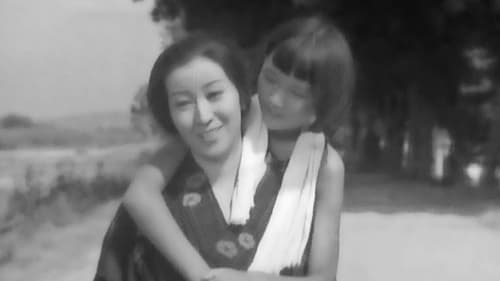
Two young girls, Nobiko and Tomiko, go to the same school. The less fortunate girl Nobiko is one of the top students, while the rich girl Tomiko is not. At one time Tomiko's father was quite fond of Nobuko's mother.

'Open Your Mouth And Say... Mr. Chi Pig' is a feature length documentary on the life and times of the enigmatic front man of punk band SNFU. The film tells the story of the prolific frontman through his own words, as well as appearances from some of the biggest names in the independent music industry.



















